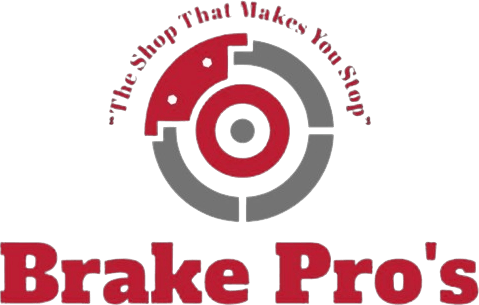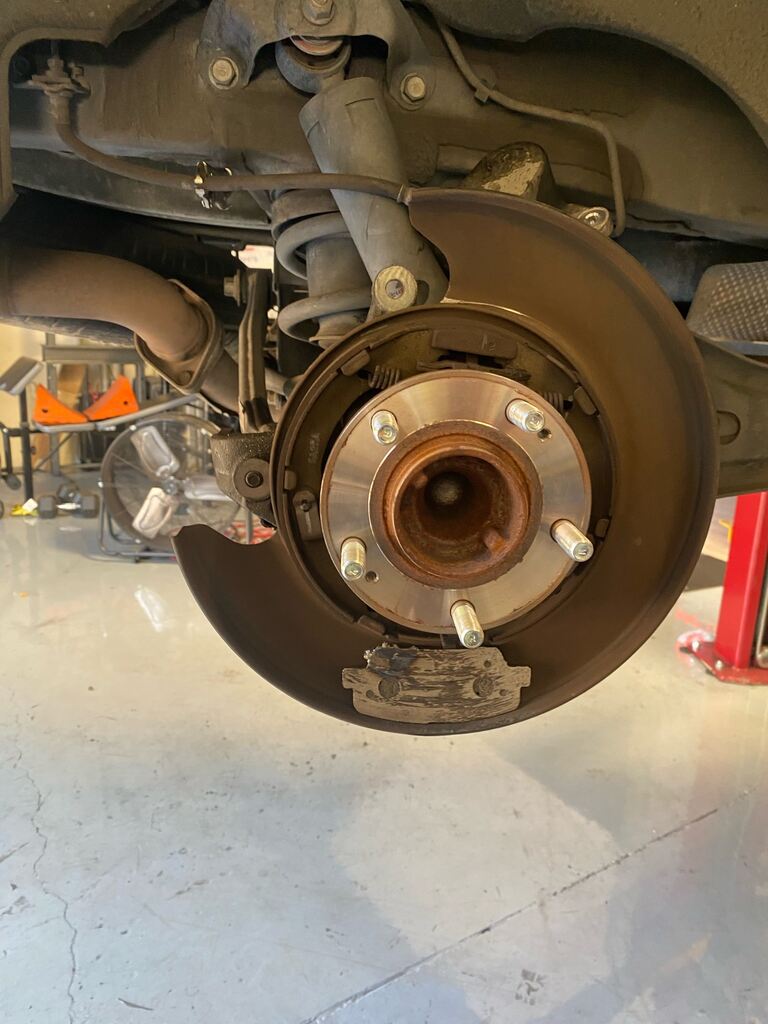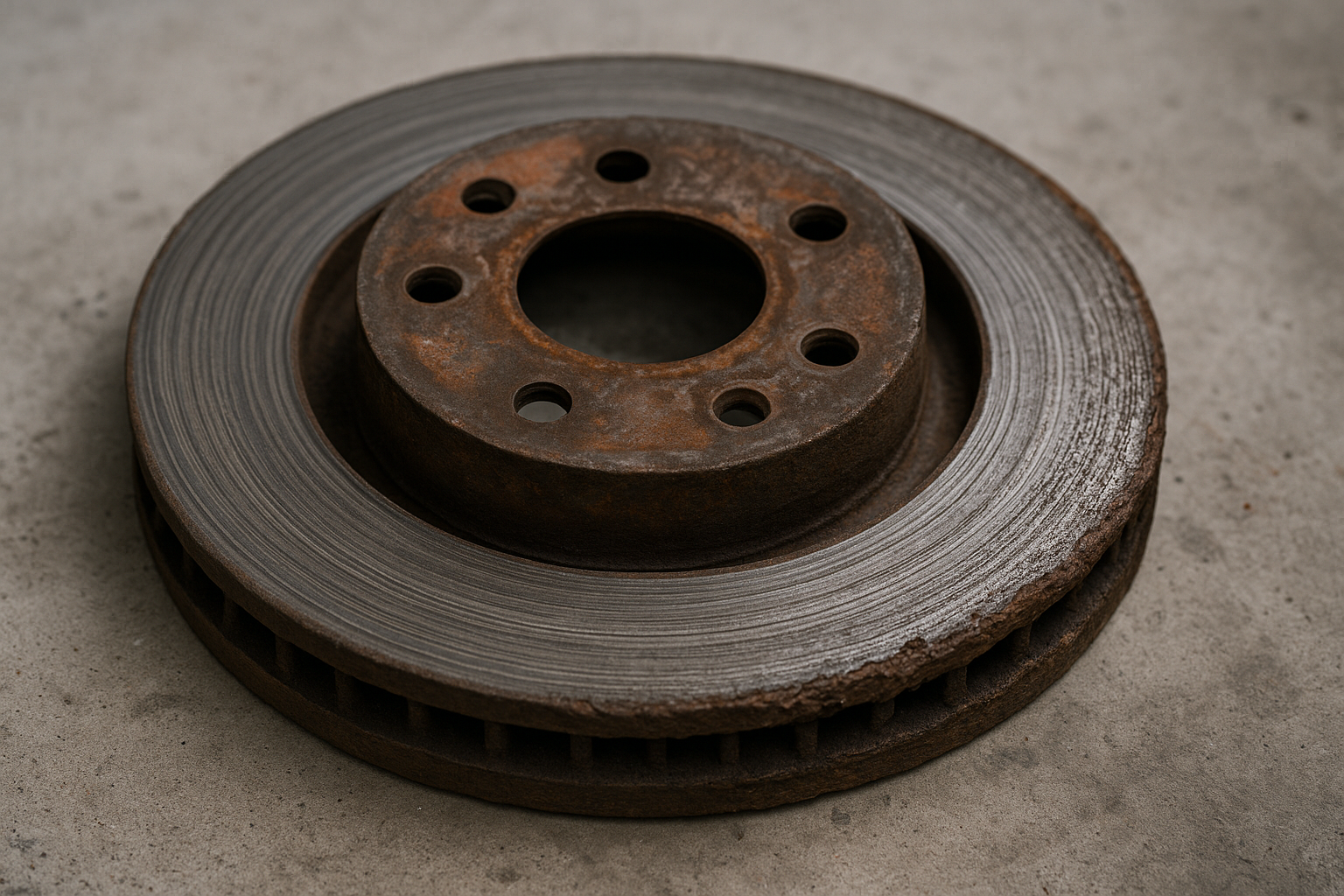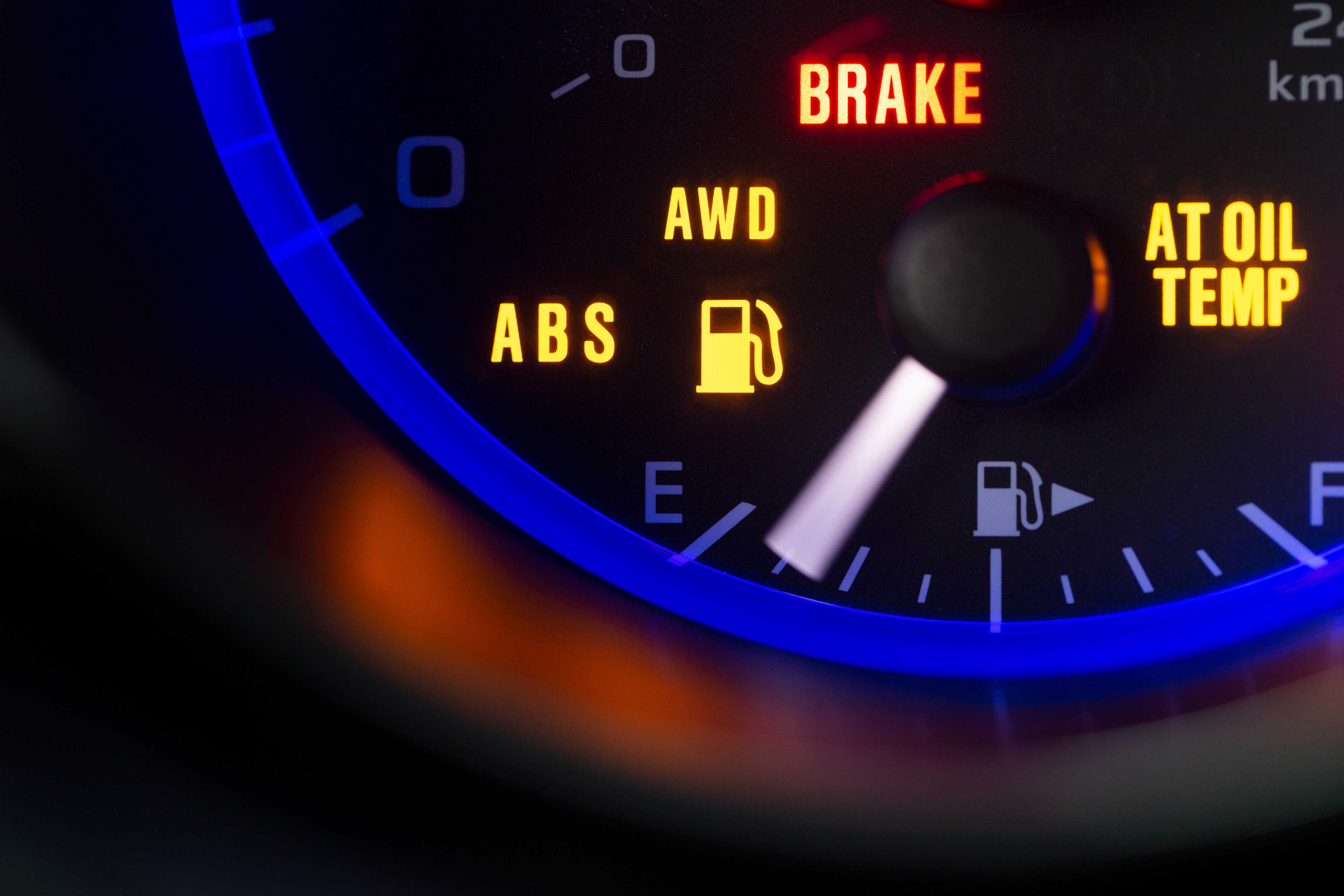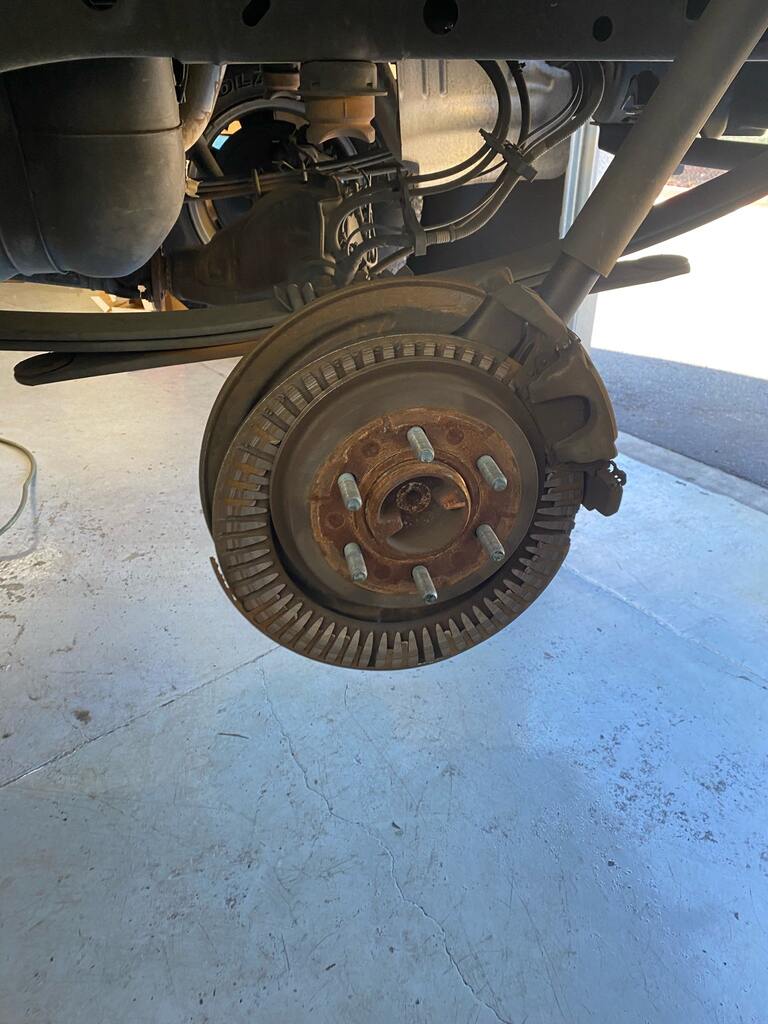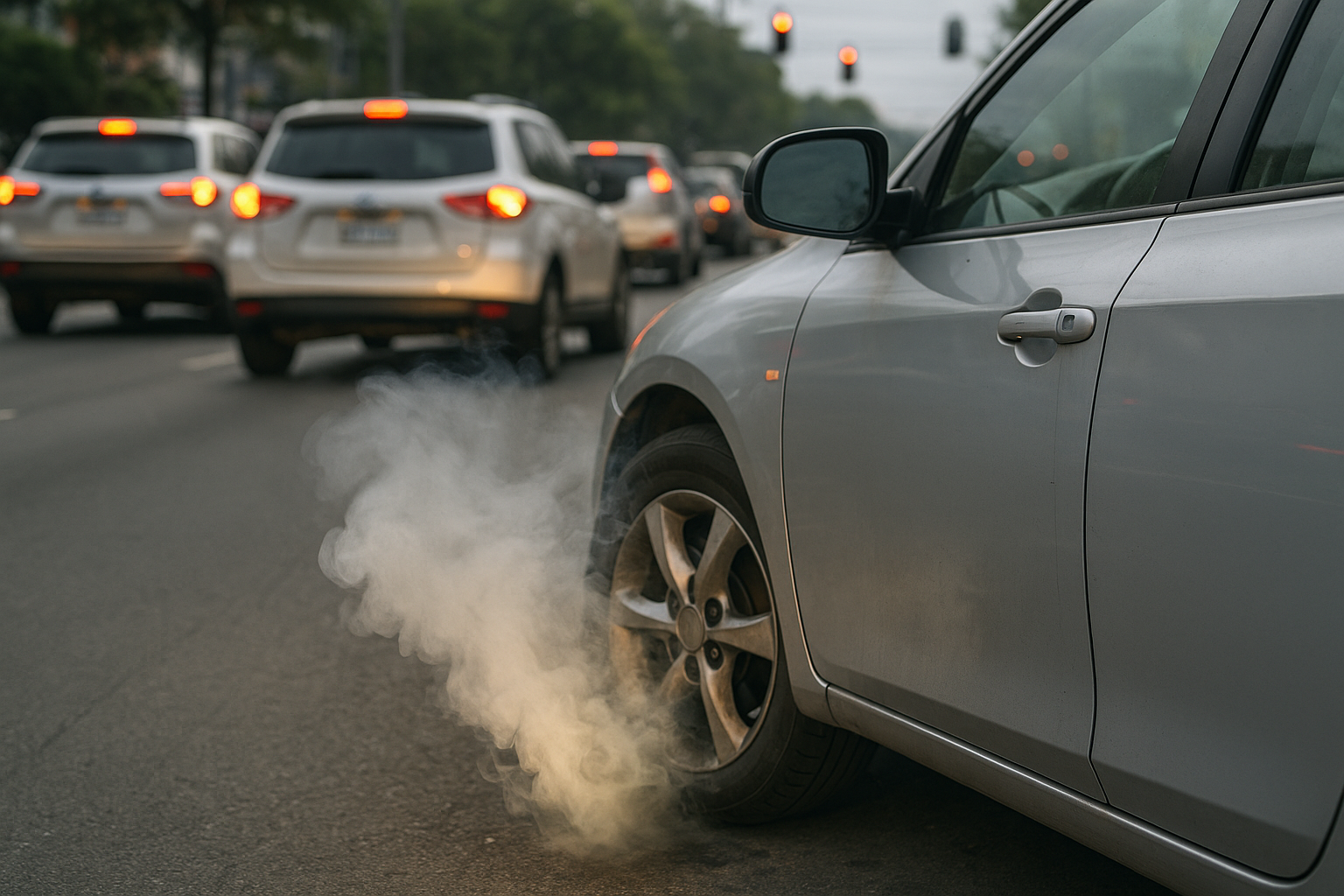Blog
Do Brakes Wear Faster on Hills Around Antioch
Brakes don’t last long on Antioch’s hills. Steep grades force you to press the pedal harder and more often. Pads and rotors wear down fast. Flat roads barely touch your brakes, but hills chew them up. Anyone driving these slopes sees the difference in their repair bills and how often they need new parts.

Elevation Changes Eat Brakes
Every downhill run in Antioch is a test for your braking system. The car picks up speed, and the only thing slowing it down is your foot on the pedal. That pressure isn’t gentle. It’s relentless. The pads clamp harder. Rotors heat up. Friction builds with every second you’re descending. On flat ground, brakes get a break. On hills, they never rest.
- Downhill speed stacks up fast. Brakes work overtime to keep it in check
- Long descents mean longer brake contact, not just quick taps
- Friction multiplies, and so does heat
- Pad material thins out at double the rate of flatland driving
- Rotors show grooves and hot spots sooner
Routine brake pad inspections aren’t just a good idea. They’re a necessity for anyone who faces Antioch’s elevation changes every day. Ignore them, and you’ll pay for it with longer stops and more frequent repairs. If you’re unsure about the condition of your brakes, our technicians at Brake Pro's can provide a thorough assessment and recommend the right service for your vehicle.
Stop-and-Go on a Slope
Rush hour in Antioch isn’t just slow. It’s brutal on brakes. Every stoplight on a hill means another round of hard braking. The car in front creeps forward, you inch up, and the brakes never get a chance to cool. That constant pressure wears down pads and warps rotors. The difference shows up fast. Brakes that last years on flat roads might need replacement in half the time here.
Engine braking helps, but it can’t do it all. Even gentle slopes force you to ride the brakes. The result? More frequent rotor service and pad swaps. Antioch’s hills don’t care if you’re in a hurry or just running errands. They wear down your brakes, stop after stop. When you notice increased vibration or noise, we’re ready to help with expert repairs and quality parts.
- Brakes heat up and cool down in rapid cycles. Metal fatigues faster
- Friction material sheds off in fine dust, coating wheels and calipers
- Rotors develop uneven surfaces, leading to vibration and noise
Heat Builds Fast on Descents
Long hills turn brake components into heat sinks. The temperature climbs with every second you’re on the pedal. Brake fluid boils. Pads glaze over. Stopping power drops, and the pedal feels soft. That’s not just uncomfortable. It’s dangerous. Heat doesn’t just fade performance. It accelerates wear. The hotter the brakes, the faster they break down.
Extended downhill runs in Antioch push brake fluid to its limits. Brake fluid changes aren’t optional here. Old fluid absorbs moisture, boils sooner, and leaves you with a spongy pedal when you need firmness most. Ignore the heat, and you’ll feel it in your wallet and your stopping distance.
- Hot pads lose grip. Stopping distances stretch out
- Rotors warp under repeated high heat
- Calipers seize when seals break down from temperature spikes
Weight Turns Hills into Brake Killers
Load up the car with passengers, groceries, or gear, and every pound adds to the challenge. Antioch’s hills don’t care if you’re driving solo or hauling a full load. The brakes feel every bit of it. Heavier vehicles need more force to slow down. That force goes straight into the pads and rotors. The result? Faster wear, more frequent service, and a higher risk of failure on long descents.
Loaded vehicles put brake calipers to the test. They clamp harder, run hotter, and wear out seals and pistons. Regular checks aren’t just smart. They’re essential for anyone who drives Antioch’s hills with a full car. Our team can inspect your calipers and ensure your braking system is ready for the demands of local terrain.
- Extra weight means longer stops and more heat
- Brake fade shows up sooner on loaded descents
- Calipers and pads wear unevenly under heavy loads
Warning Signs from the Road
Brakes don’t fail quietly. Antioch’s hills make sure of that. Listen for squeals and grinding. Feel for vibration in the pedal. Notice if the car takes longer to stop or if the pedal feels soft. Smell burning after a long descent? That’s brake material cooking off. These aren’t minor annoyances. They’re signs your brakes are losing the fight against the hills.
- Squealing or grinding when you stop
- Pedal feels soft or goes lower than usual
- Vibration or pulsing under your foot
- Burning smell after a steep drive
- Longer stopping distances, even at low speeds
Spot these early and get a quick brake inspection. Waiting only makes the problem worse. And more expensive. We’re dedicated to catching these issues before they become major repairs, so you can drive Antioch’s hills with confidence.
Antioch Roads Demand More
Flatland brake advice doesn’t cut it here. Antioch’s hills chew through pads, warp rotors, and push brake fluid to the edge. Regular checks, fresh fluid, and quality parts aren’t optional. They’re the only way to keep your car safe and responsive on these roads. Skipping maintenance means risking longer stops, higher bills, and less control when you need it most.
- Schedule brake checks more often if you drive hills daily
- Don’t ignore small noises or changes in pedal feel
- Use quality parts designed for heavy use
- Keep an eye on brake fluid. Old fluid fails under heat
Brake Service Specialists in Antioch
At Brake Pro's, we understand the unique challenges Antioch's hills present to your vehicle's braking system. Call us at 925-428-1213 or contact us to schedule a comprehensive brake inspection today.
‹ Back
